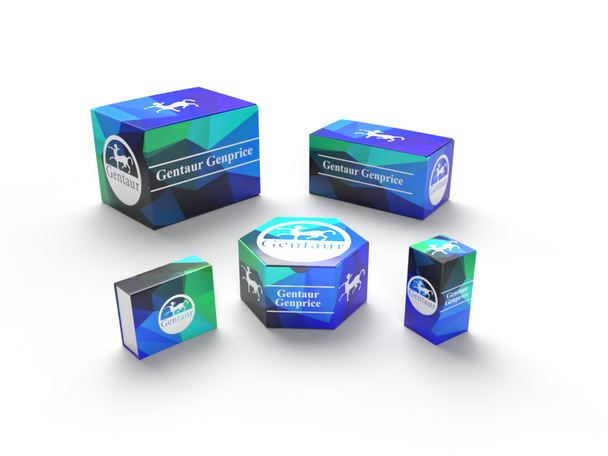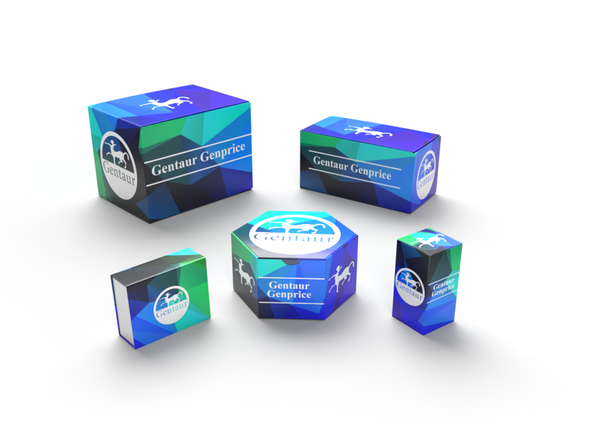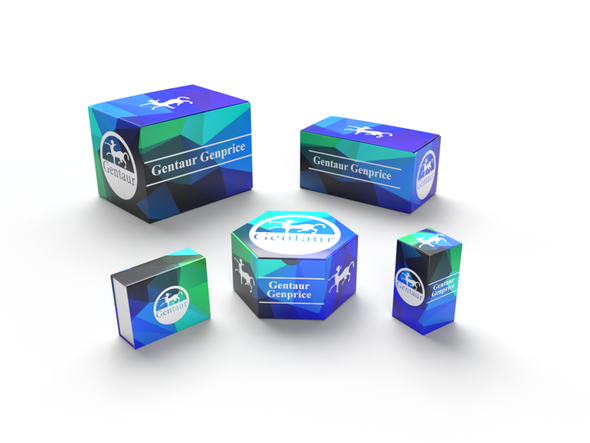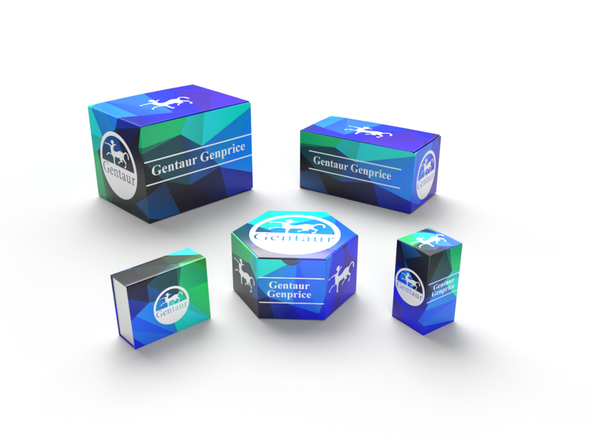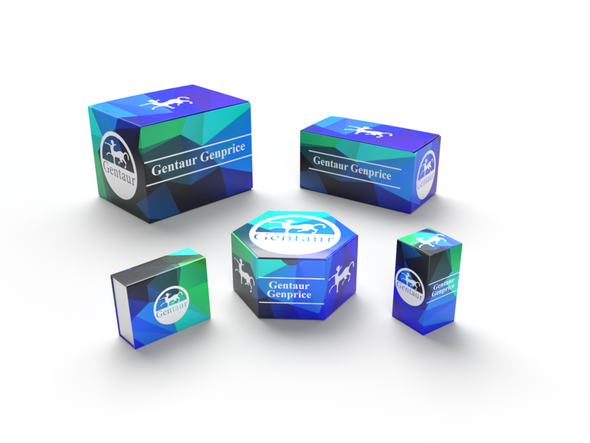Additional Information
Size: |
100 µl |
Target: |
PKC theta (pSer676) |
Conjugate: |
Streptavidin |
Research Area: |
Cell Signaling | Protein Phosphorylation | Serine / Threonine Kinases | PKC | Cell Signaling | Metabolism | Metabolism processes | Hypoxia | Cancer | Cancer Metabolism | Response to Hypoxia |
Alternative Name: |
PKC θ Antibody, PRKCQ Antibody, PRKCT Antibody, nPKC-theta Antibody, Protein kinase C theta type Antibody, EC:2.7.11.13 Antibody, , KPCT_HUMAN antibody, MGC126514 antibody, MGC141919 antibody, nPKC theta antibody, nPKC-theta antibody, nPKCtheta antib |
Category: |
Antibodies |
Product Type: |
Polyclonal Antibody |
Immunogen: |
Synthetic phospho-peptide from human PKC theta around the phosphorylation site of serine 676 (pSer676). |
Immunogen Species: |
Human |
Applications: |
WB, IHC, ELISA |
Host: |
Rabbit |
Isotype: |
IgG |
Species Reactivity: |
Human, Mouse, Rat |
Antibody Dilution: |
WB (1:250-1:500); IHC (1:25-1:50); ELISA (1:4000); optimal dilutions for assays should be determined by the user. |
Purification: |
Peptide Affinity Purified |
Storage Buffer: |
PBS, pH 7.4, 150mM NaCl, 50% glycerol, 0.02% sodium azide |
Concentration: |
N/A |
Specificity: |
Detects endogenous levels of PKC theta only when phosphorylated at serine 676 (pSer676). |
Storage: |
-20ºC |
Shipping: |
Blue Ice or 4ºC |
Certificate of Analysis: |
A 1:500 dilution of SPC-1418 was sufficient for detection of PKC theta (pSer676) in 10 µg of human jurkat cell lysates by ECL immunoblot analysis using goat anti-rabbit as the secondary antibody. |
Cellular Localization: |
Plasma Membrane, Cell Membrane, Peripheral Membrane Protein, Cytoplasm, Cytoskeleton, Microtubule Organizing Center, Cytosol, Immunological Synapse, Aggresome, Intracellular |
Tissue Specificity: |
Expressed in skeletal muscle, T-cells, megakaryoblastic cells and platelets. |
Accession Number: |
NP_001229342.1 |
Gene ID: |
5588 |
Swiss-Prot: |
Q04759 |
Field of Use: |
For in vitro research use only. |

